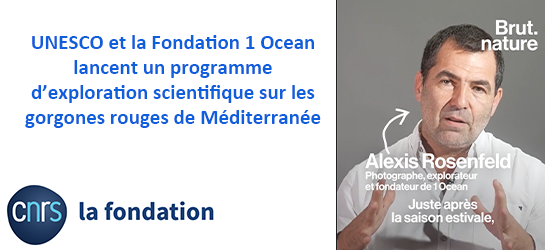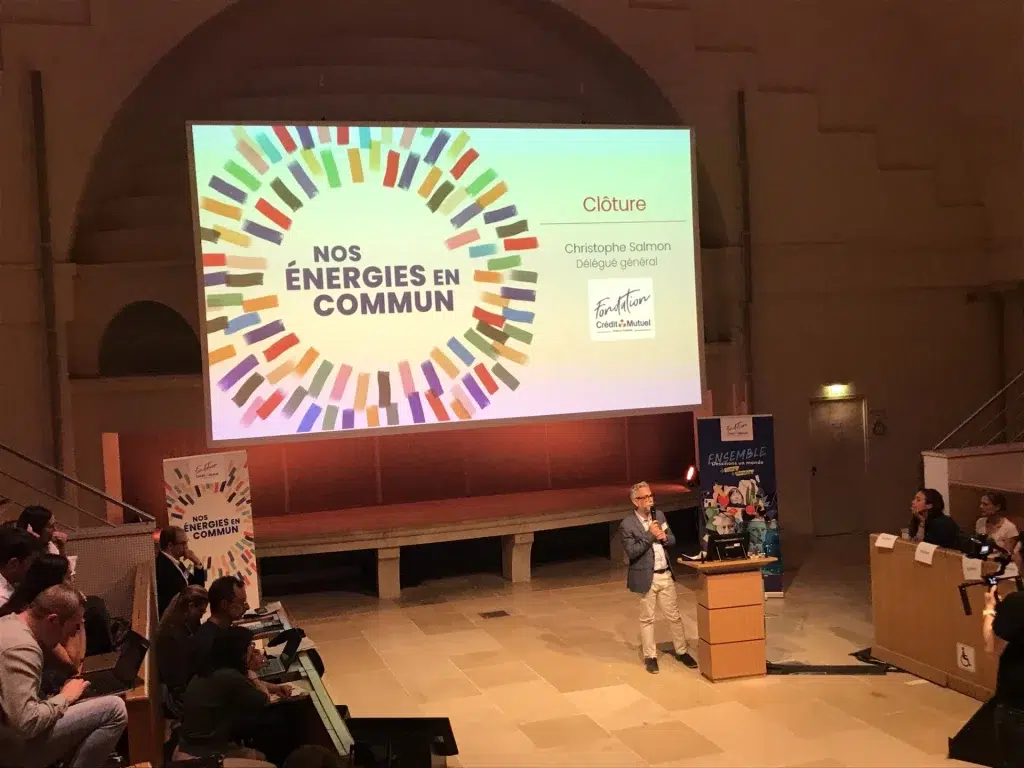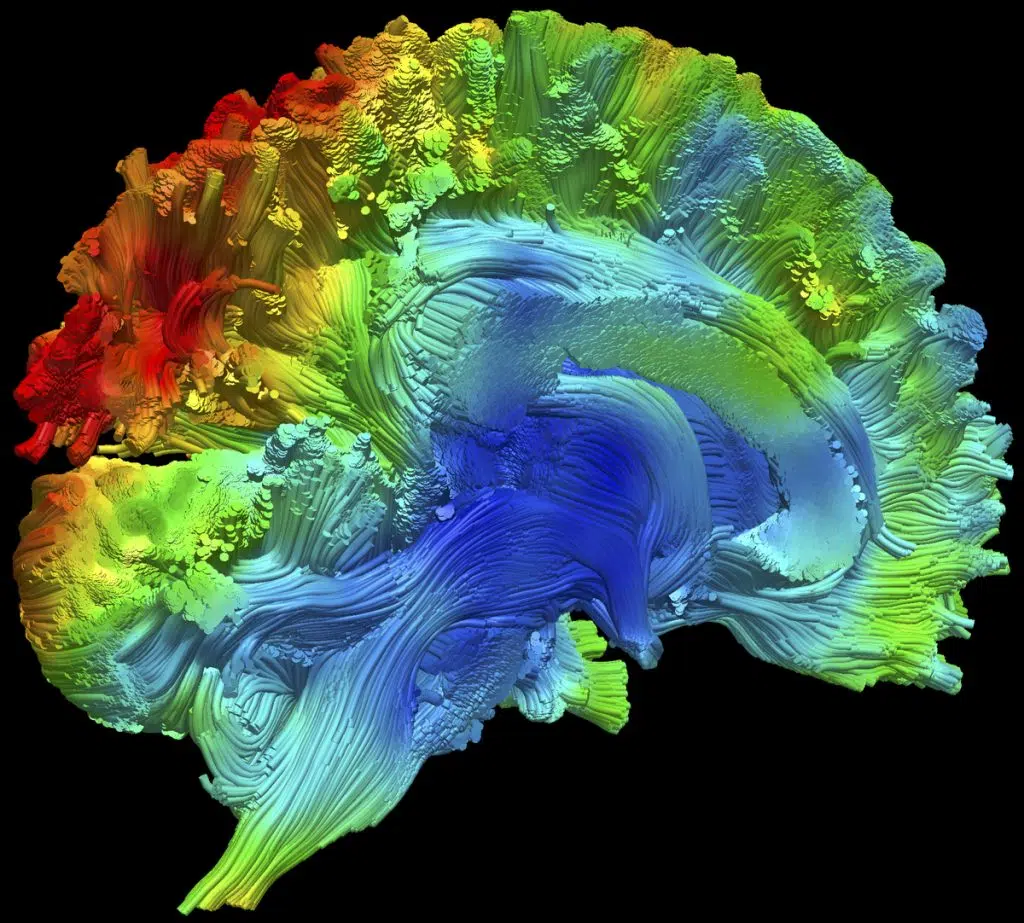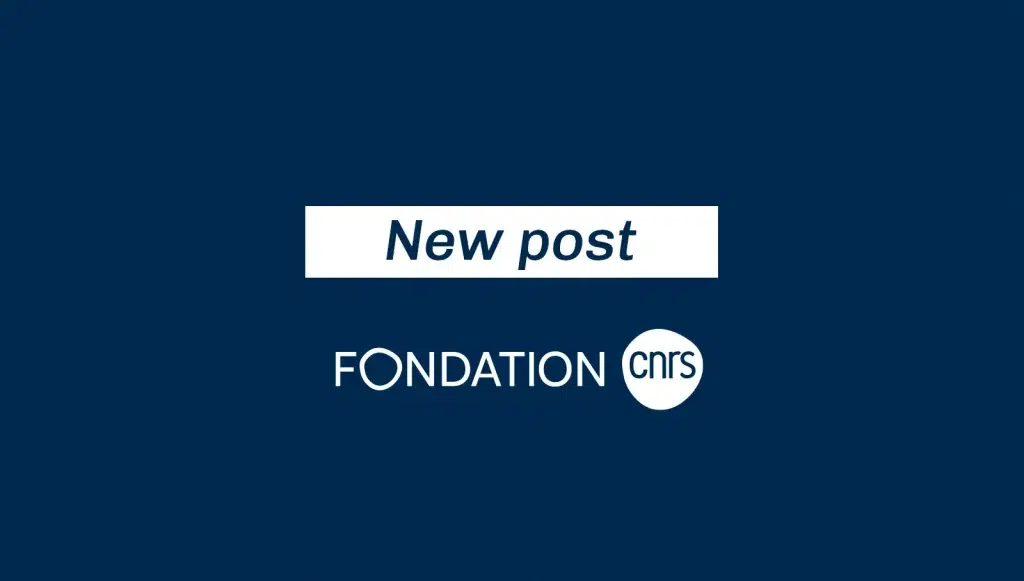UNESCO and the 1 Ocean Foundation launch a scientific exploration program on Mediterranean red sea fans
“The situation of the Gorgonians in the Mediterranean is a reflection of what is happening on our planet as a whole. Like the Amazon rainforest, underwater animal forests are gradually disappearing, with equally dramatic consequences. For thousands of living creatures, these forests are both a protective habitat and a food source, and their disappearance inevitably leads to a loss of biodiversity.
Alexis Rosenfeld, explorer, photographer and head of the 1 Ocean Foundation.
On the eve of Cop 15 – biodiversity, UNESCO and the 1 Ocean Foundation, under the aegis of the CNRS Foundation, are launching a scientific exploration program on the red gorgonians of the Mediterranean. Following last summer’s mass mortality episode, scientists are seeking to understand how deep-sea gorgonians and their ecosystems can survive. For these species, the ocean may act as a heat shield, and its depths as a refuge.
Gorgonians are sessile animals. They form veritable animal forests on which many species depend. During the summer of 2022, the X red gorgonians of the Mediterranean experienced a massive mortality episode linked to abnormally high temperatures. The findings of the scientists and the 1 OCEAN team are alarming: between 0 and 30 meters depth, almost all the gorgonians died. In the short term, in the face of increasingly frequent climatic disturbances, gorgonians and all associated life are under serious threat.
In response to the ecological emergency, UNESCO and the 1 OCEAN Foundation are launching a scientific exploration program in partnership with the CNRS and the LECOB research unit at the Observatoire Océanologique de Banyuls-sur-Mer. The program, which involves four European countries (France, Italy, Monaco and Spain), is scheduled to last two years. The aim is to determine whether deep-sea habitats can host demographically self-sufficient animal forests and thus become veritable biological safes.




